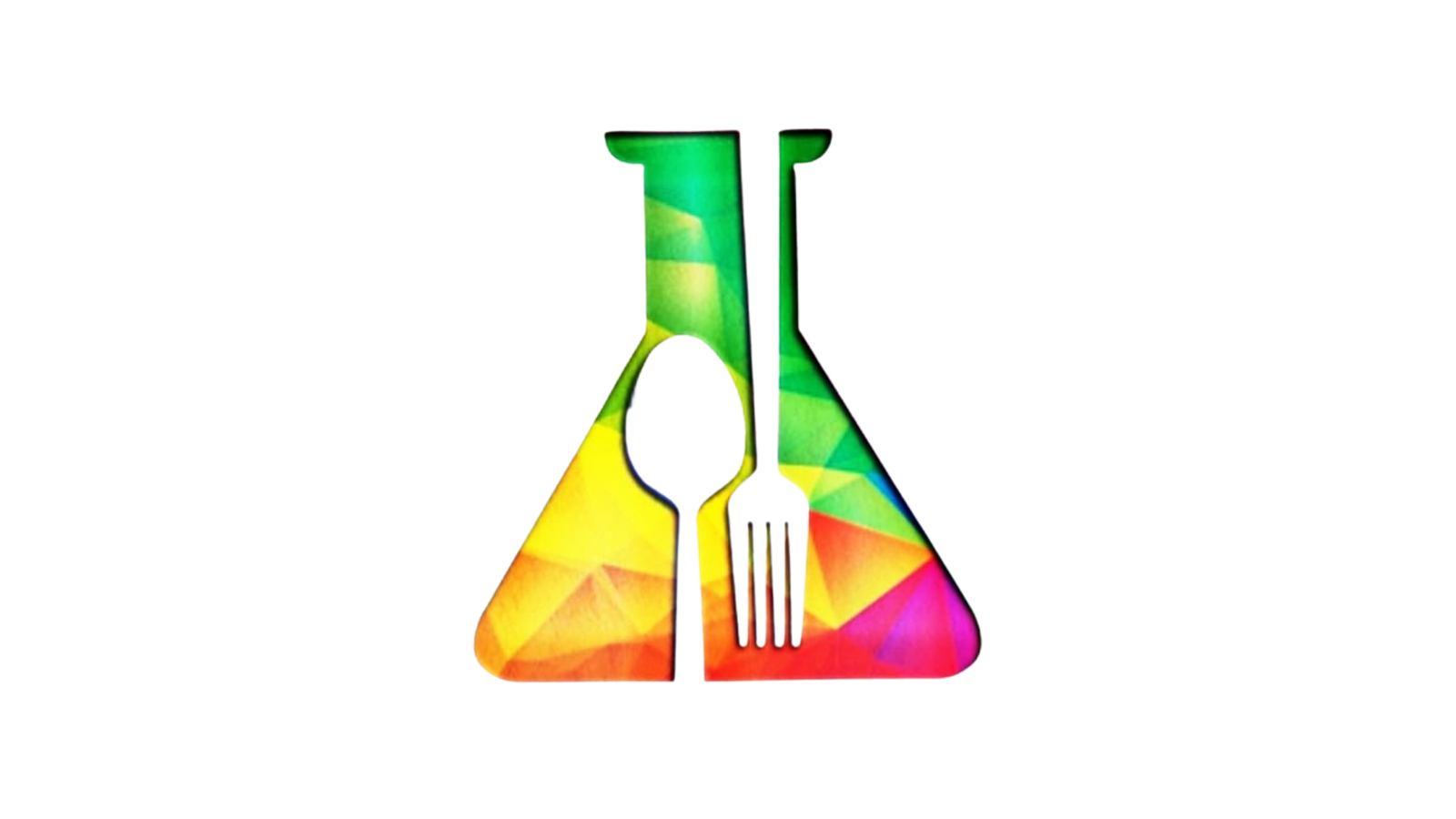In a significant update to food allergen labeling, the U.S. Food and Drug Administration (FDA) has officially removed coconut from its list of major food allergens. This change, announced in January 2025, means that coconut will no longer be classified as a tree nut requiring allergen labeling under the Food Allergen Labeling and Consumer Protection Act of 2004 (FALCPA).
Previously, the FDA categorized coconut as a tree nut, necessitating its inclusion in allergen statements on food products. However, after reviewing scientific evidence and considering industry petitions, the FDA concluded that coconut does not meet the criteria for a major food allergen. Consequently, food manufacturers are no longer required to list coconut in allergen statements, though it must still be declared by its common or usual name in the ingredient list.
This decision follows advocacy efforts from industry groups, notably the Coconut Coalition of the Americas (CCA), which petitioned the FDA in 2019 to reclassify coconut. The CCA argued that coconut is botanically distinct from tree nuts and that its previous classification as a major allergen was incorrect.
While this update reduces regulatory burdens for food producers and may simplify labeling for consumers, it’s essential for individuals with coconut allergies to remain vigilant. Even though coconut is no longer classified as a major allergen, it can still cause allergic reactions in some people. Therefore, consumers with known coconut allergies should continue to carefully read ingredient lists to avoid exposure.
In addition to the reclassification of coconut, the FDA’s updated guidance expands the definitions of “milk” and “eggs” to include products from a broader range of animals. For instance, “milk” now encompasses milk from cows, goats, sheep, and other ruminants, while “eggs” include those from chickens, ducks, geese, quail, and other fowl. These changes aim to provide clearer information to consumers and ensure that allergen labeling reflects a wider array of potential sources.
The FDA’s updated guidance represents a significant shift in allergen labeling policies, reflecting ongoing efforts to align regulations with current scientific understanding and industry practices. As always, consumers are encouraged to stay informed about such changes and consult with healthcare professionals regarding food allergies and dietary choices.
📢 Be Aware, We never charge any consultancy fee for jobs.
📲 Foodtech Network WhatsApp Jobs Group
👉 WhatsApp Groups
⚙️ Food Entrepreneurs & Startups (Our services)
👉 https://bit.ly/3JDyPIN
🏅 Food safety training and certification.
👉 Download our App Foodtech Network click here






















